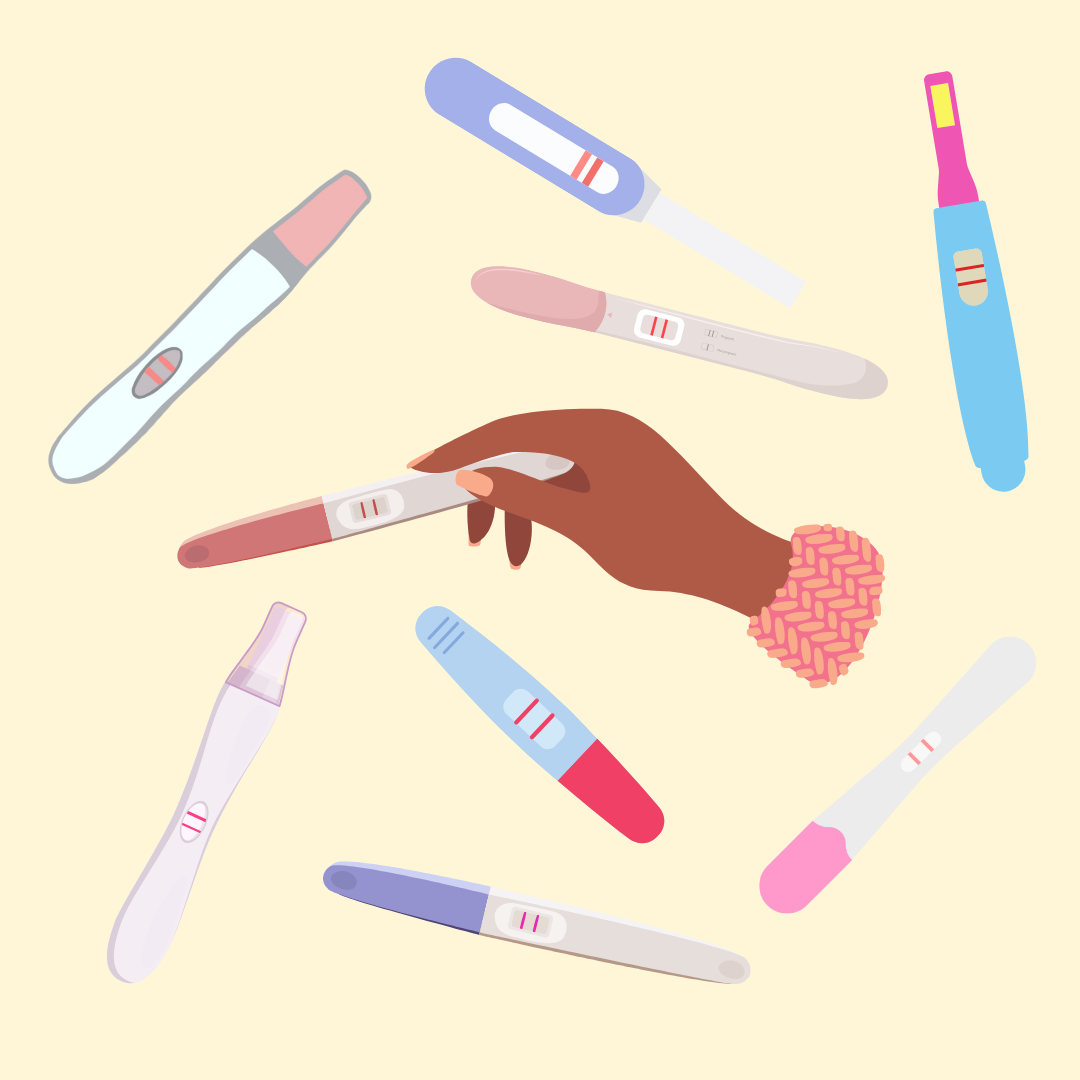Designer Babies: Examining the Ethics of Genetic Testing
By Tracy Lowe,
Parentology [cites CGS' Katie Hasson]
| 06. 21. 2023
If you could choose the healthiest embryo to carry so that your future child could avoid deadly diseases, would you do it? Would you choose an embryo that is more likely to be happy and less likely to have mental health problems like depression and schizophrenia? What about choosing your child’s athletic abilities or IQ?
If you could hand-pick all of your child’s physical, mental, and emotional traits before getting pregnant, where would you draw the line?
This scenario that used to only exist in science fiction is already partially a reality with a company called Genomic Prediction offering something that they call an “Embryo Health Score” or PGT-P test, which allows people to test their embryos to see which are more at risk of certain diseases like heart disease, cancer, diabetes, and schizophrenia. Future parents can then “compare overall disease risks among embryos and make decisions about which embryo to prioritize for transfer.”
Despite The American College of Medical Genetics saying “preimplantation PRS testing is not yet appropriate for clinical use and should not be offered at this time,”...
Related Articles
By Diaa Hadid and Shweta Desai, NPR | 01.29.2026
MUMBRA, India — The afternoon sun shines on the woman in a commuter-town café, highlighting her almond-shaped eyes and pale skin, a look often sought after by couples who need an egg to have a baby.
"I have good eggs,"...
By George Janes, BioNews | 01.12.2026
A heart attack patient has become the first person to be treated in a clinical trial of an experimental gene therapy, which aims to strengthen blood vessels after coronary bypass surgery.
Coronary artery bypass surgery is performed to treat...
By Staff, ScienceDaily | 01.05.2026
Scientists at UNSW Sydney have developed a new form of CRISPR technology that could make gene therapy safer while also resolving a decades-long debate about how genes are switched off. The research shows that small chemical markers attached to DNA
...
Following a long-standing CGS tradition, we present a selection of our favorite Biopolitical Times posts of the past year.
In 2025, we published up to four posts every month, written by 12 authors (staff, consultants and allies), some in collaboration and one simply credited to CGS.
These titles are presented in chronological order, except for three In Memoriam notices, which follow. Many more posts that are worth your time can be found in the archive. Scroll down and “VIEW...




